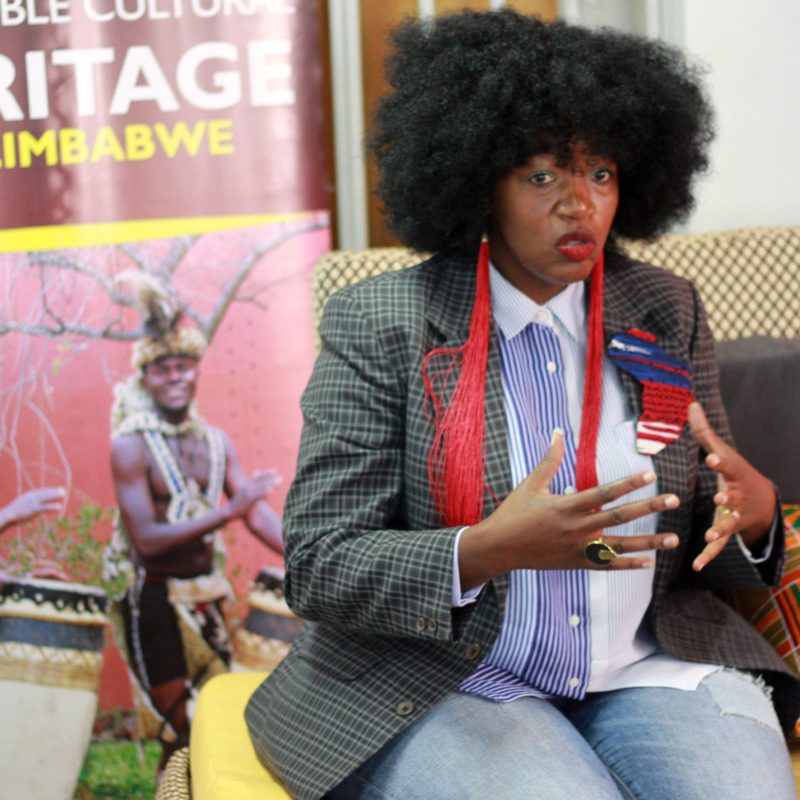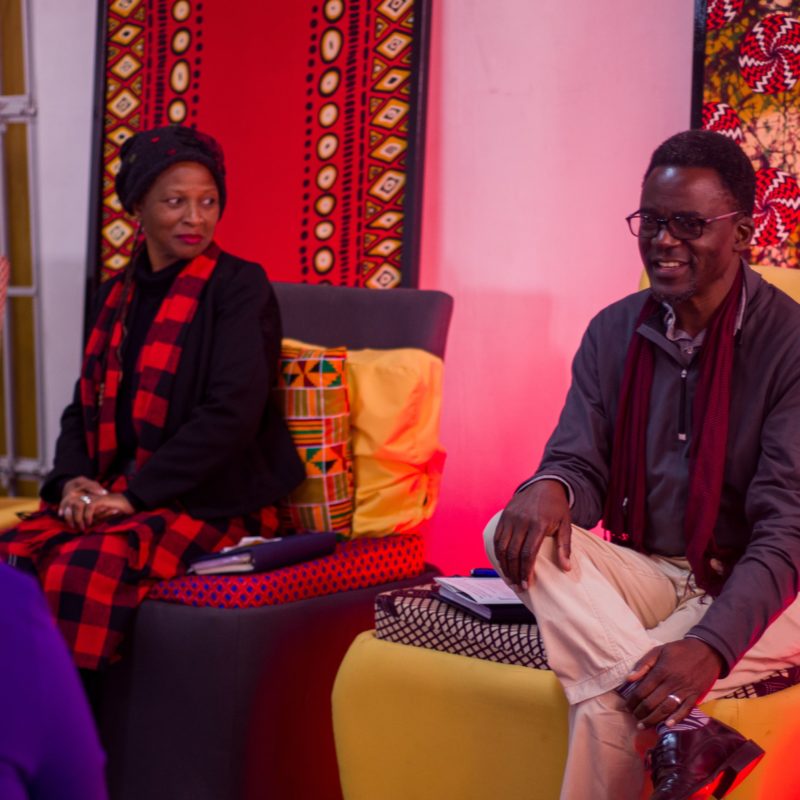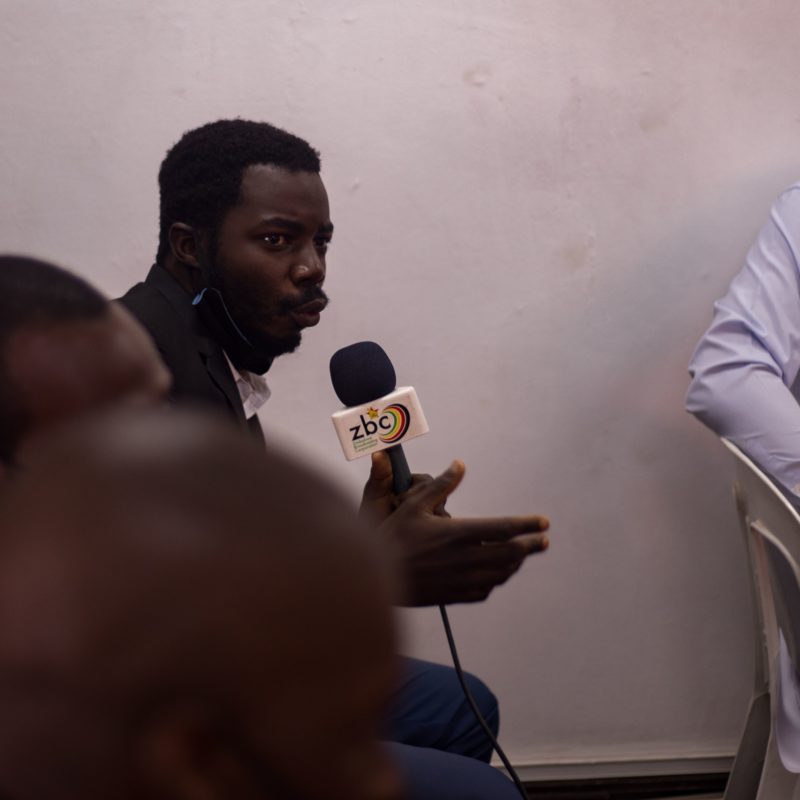Digital storytelling holds unlimited possibilities in the development of media literacy and cultural competency. When harnessed with the pithy authenticity of one’s inherent identity, it is an indispensable tool that safeguards diverse creative and cultural expression as it engages the society in critical thinking, development of cultural competency, and finding their voice in a local and global environment.
Essentially, it allows creators to connect to cultural and diverse stories while disseminating information globally and expanding cultural reach, thereby influencing and giving voice to the oppressed. Digital stories offer a new opportunity for impacting how people relate.
The role that media and technology are playing in shaping contemporary approaches to diverse creative and cultural expression in Zimbabwe took a centre stage at a plenum held in Harare Tuesday the 2nd of June in celebration of the National Culture Week Commemorations that President Emmerson Mnangagwa officially launched at Chief Njelele’s homestead in Gokwe South two weeks ago.
The plenary, themed “Digital Storytelling and Its Role in Safeguarding Diverse Creative and Cultural Expression in Zimbabwe”, was convened by the Ministry of Youth, Sport, Arts & Recreation, Harare Province in conjunction with Enthuse Afrika: The Digital Storytellers at their recently launched co-working, co-learning and co-creating hub for digital creatives, Afrotopia.
Enthuse Afrika Managing Creative Stephanie Kapfunde facilitated the discussion while Livingstone Muchefa (Curator for Education at the National Gallery of Zimbabwe representing MOYSAH Harare), Farai Mupfunya (Culture Fund Director), Marie Laure Charlise Emma Soukaina Edom (AfriKera Arts Trust Director) and Farai Ncube (Partnerships and Programme Manager Southern Africa Arts Cluster at British Council) were on the panel.
There was a fervent debate about the authenticity of the content being made by local digital storytellers, largely on whether it reflects a true Zimbabwean identity and culture. As well, some voices questioned if it was cultural for everyone who has a device to be a storyteller and whether we should tell every story as it is and what not to tell. Ultimately, the digital storytellers were urged to encompass African/Zimbabwean cultural elements in their creative processes to avert cultural erosion, which new technology stand accused of compounding.
In their vindication, the new media creators said it was difficult for them to create “locally-relatable” content because most of them grew up on Western influences. They added that it was equally onerous to create “art for art” stories because there is a general lack of funding. Questions were raised on whether the government is playing a role in facilitating resource distribution.
In the same vein, the digital storytellers also stressed concern over the understandability, relatability and accessibility of government policies relevant to the Creative and Cultural Industries (CCIs).
On opportunities, Farai Ncube of the British Council – a United Kingdom’s international organisation for educational opportunities and cultural relations – said there were many opportunities available for new media creators for training and funding in the region and beyond. On the policy conundrum, she commended the Government of Zimbabwe for engaging more with CCIs on various levels. She said the government policy documents were solid good and the digital and cultural professionals need to change their attitude towards.

Also present, Arterial Network Zimbabwe National coordinator, Florence Mukanga reiterated the notion of attitudinal change, underscoring that the government makes conscientious decisions when it comes to the artists’ inclusion and the policies that govern CCIs.
Mr Muchefa, who was standing in for the National Gallery of Zimbabwe’s Executive Director Mr Raphael Chikukwa, brought to the fore that some of the gaps between the government and the cultural and the creative sector are due to some of the major technicalities within digital storytelling and the ubiquitous diffidence of artists in policymaking.
Farai Mufunya implored the new media storytellers to cascade the interweb with cultural values in storytelling.

Speaking on the sidelines of the plenary, Page Poetry Alive Events Director Morset Billie foregrounded the need for platforms where the government can engage with CCIs.
“This was a great discussion and the representation on the panellists made it wholesome. It would also be great to keep having these conversations so that we continually bridge the gap between us as the creatives and the government. Also, we should make it a norm to start thinking of the storytelling part before thinking of the digital part. More people need to get involved in these ongoing conversations.”
Together with, mushrooming writer and blogger Asher Mutandiro said the plenary was long overdue.
“I believe that this event was much needed today for upcoming creative and other industry players like the Ministry of Youth, Sport, Arts & Recreation and British Council. It was important to have a conversation around being able to sell your art and make an income from it whilst getting guidance on how to use cultural capitalism for your benefit. I think t’s also important to have a more diverse group of creative and cultural practitioners on these platforms.”

British Council Zimbabwe Director Mr Roland Davis also made a cameo appearance among many other highly esteemed guests from across various sectors.
By ImChris Charamba & NaNa Mpunganyi























